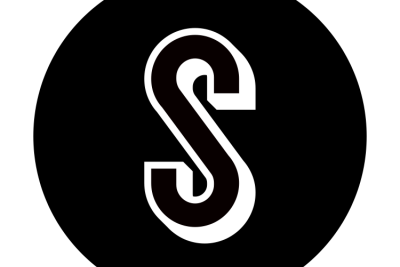Conservative, Libertarian and Non-Left Seattle University Students React to Election Week

It has been a tumultuous week for all Americans, but conservative students at Seattle University have had a particularly interesting week.
The Seattle U Conservative Student Union (SUCU) held a watch party over Zoom Nov. 3 to observe the ballots roll in from across the country.
While the group was small—only seven people—they were a tight-knit and consistent group of like-minded individuals.
The group was designed as a space for students with certain political viewpoints to come together in a city that consistently is more liberal-leaning. According to Matthew Wald, a third year nursing student and president of SUCU, the club is both welcoming of and open to communication with the entire Seattle U community.
As the ballot count began, several students pointed out that not everyone in the club was completely satisfied with the Republican party, nor candidate President Trump.
“I think we are at a point now where tensions are really high. I think people are more likely to jump to conclusions and assume an extremist perspective of the other side,” Wald said. “People need to remember that this election is not the end-all be-all of our future.”
“Activism is activism—no matter if you are left or right-wing,” Wald continued. “We have students that got out and helped for a variety of different elections, with canvassing or other volunteering. There are students advocating for tons of different causes, and I truly think that everyone wants the best, we just might not agree on how to go about fixing problems.”
Seattle U’s chapter of the Federalist Society, a group of conservative and libertarian students, hosted an event Nov. 6 with Dale Carpenter, a professor of constitutional law and LGBTQ rights. The Zoom event, addressed “emerging threats to free speech on college campuses,” enabled students to voice common concerns over potential university infringements on free speech rights.
President Donald Trump also signed an executive order March 22 of 2019 titled, “Improving Free Inquiry, Transparency and Accountability at Colleges and Universities.” In his speech announcing the decision, he specifically cited far-right activists who are increasingly popular amongst young conservatives, such as Charlie Kirk and Candace Owens.
“Under the guise of speech codes and safe spaces and trigger warnings, these universities have tried to restrict free thought, impose total conformity and shut down the voices of great young Americans,” Trump said.
Carpenter elaborated on these fears, and spoke to a small group of students who share President Trump’s concern about free speech.
“University policy should seek to establish an environment that is free of sexism, racism, ageism, homophobia and other kinds of prejudice,” Carpenter said. “But no person or group merely by claiming offense should be able to bring down the disciplinary machinery of the university.”
Seattle Federalist Society President Afton Gregson expressed worry that conservative and libertarian students are being labeled in negative ways.
“Everybody will say, ‘well you’re against this, you’re against gay marriage, you’re against abortion,’ and theres a centrist element here that people miss, and people are ultimatley alienated by the fact that people ascribe them labels that aren’t necessarily true, which has been a challenge on campus here too,” Gregson said.
Isabell Rocha, a JD candidate for the class of ‘22 and Vice President of the Federalist Society, went to bed the night of the election stressed with little information as to who the next president would be. Although Rocha is glad the election is over, she felt as though it was a messy election, and would like to see what courts rule on the election allegations put forth by President Trump.
“Washington State has always been mail-in for a few years now, and the fact that the Trump administration pushed back against states that also wanted to do mail-in [voting], I see that type of claim credible because it was being rushed,” Rocha said. However, claims of widespread fraud in the 2020 election are unsubstantiated at the moment.
In terms of moving forward, Rocha expects the country to stay politically divided throughout the next presidency, but hopes that President Trump will concede for the sake of the Republican party.
“I think it’ll reflect really badly on the Republican Party if he doesn’t concede and puts up a fight,” Rocha said. “I think right now, as a whole in the nation, Republicans really need to reevaluate who they’re putting up as candidates and how we represent ourselves. Because right now, it just doesn’t look good.”
While the election has been called by various news outlets, conservative, libertarian and non-left leaning Seattle U students are waiting to see how the rest of this transition will move forward, as is the rest of the country.

